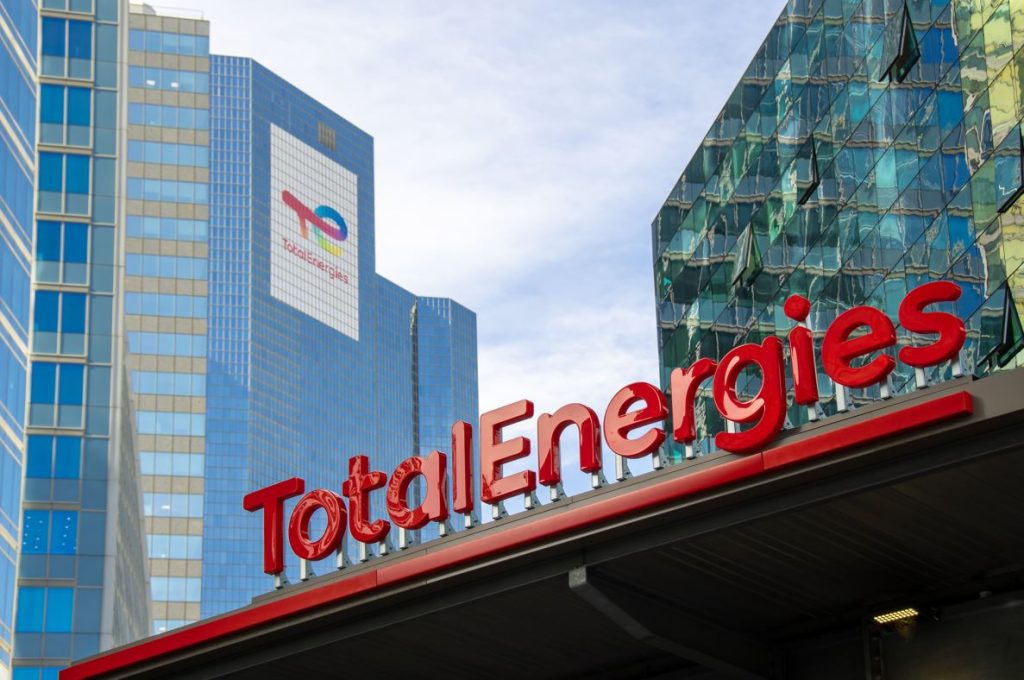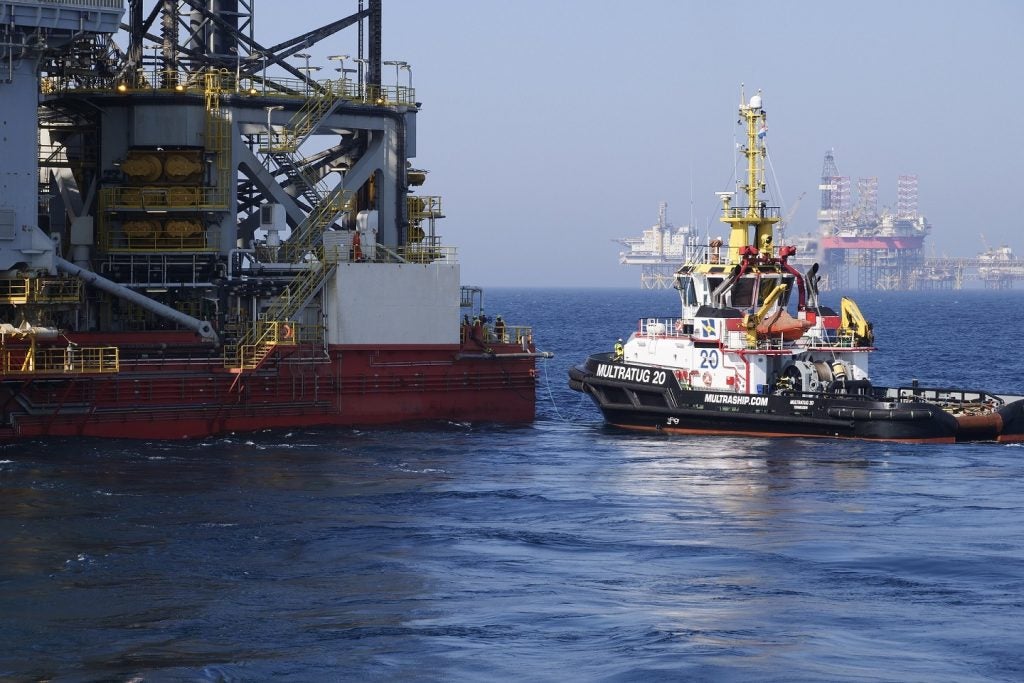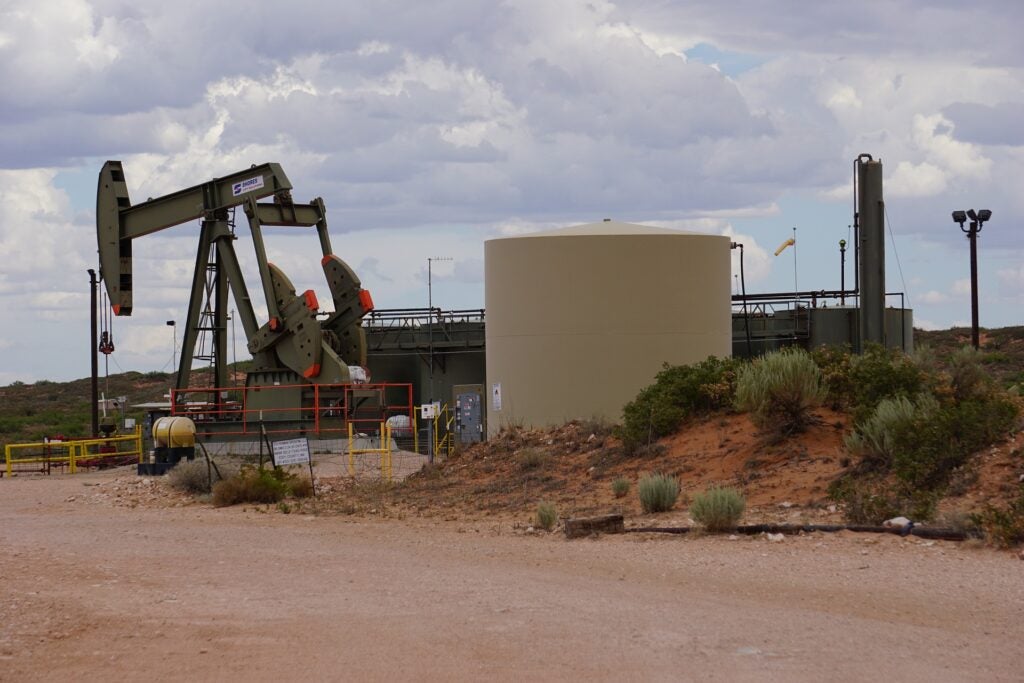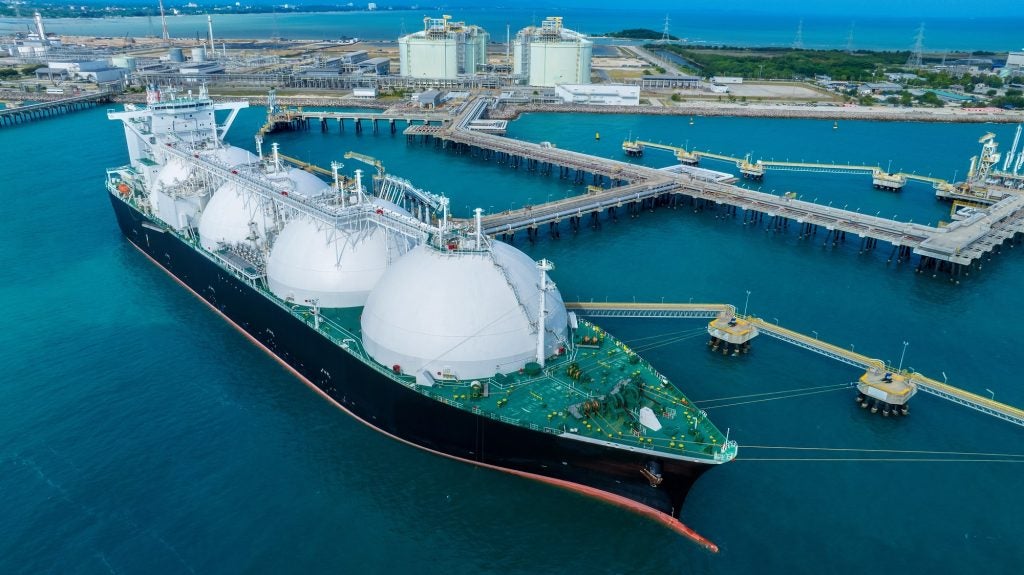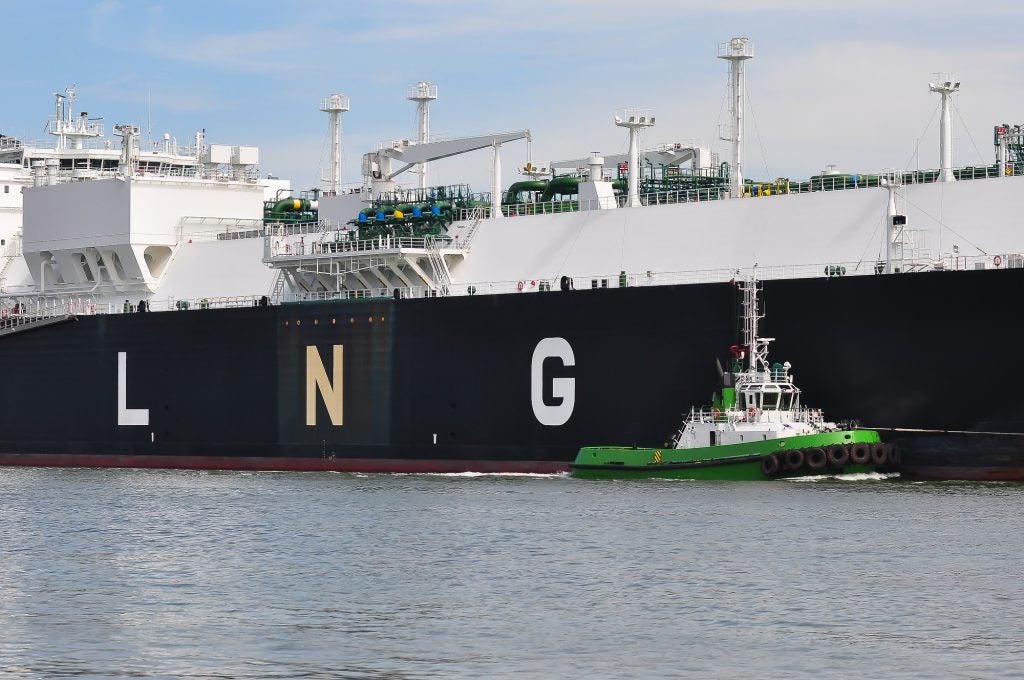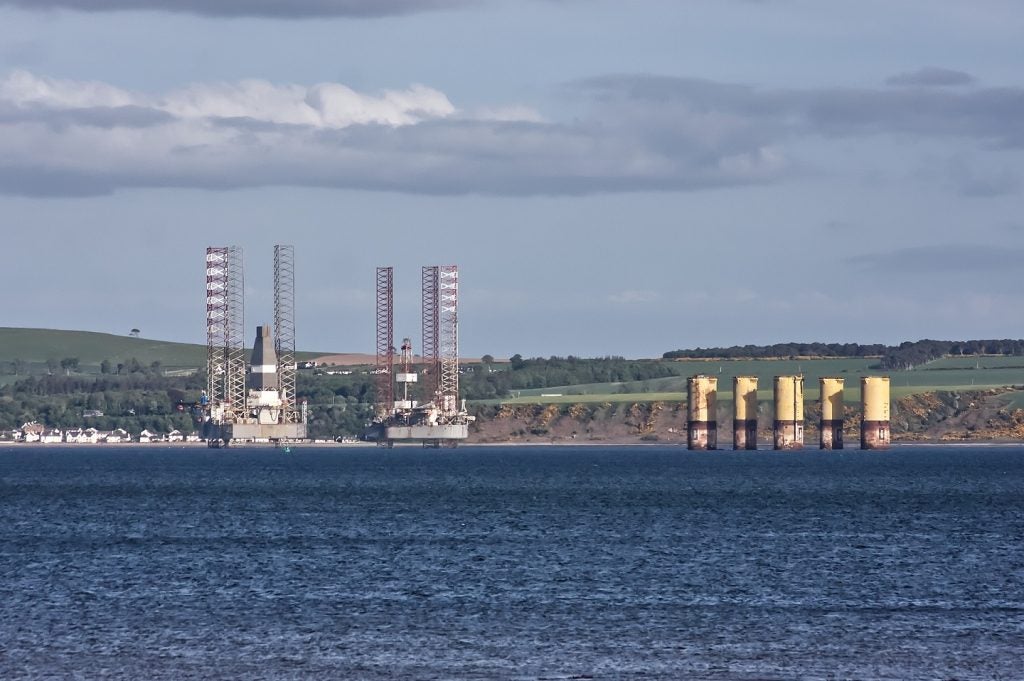French oil and gas major TotalEnergies has purchased a 40% participating interest in the CO₂ storage exploration licence ExL004, known as the Luna project.
ExL004 is a 453 km² licence in the North Sea, 120km west of Bergen, Norway. The licence has a storage potential for more than five million tonnes per annum (mtpa) of CO₂ to be injected into drilled wells and aquifers below the seabed.
As a part of the project, Wintershall DEA is building a CO₂ hub in Wilhelmshaven, Norway, for CO₂ to be collected and temporarily stored before being taken offshore.
Of the project, 60% is owned and operated by Wintershall DEA Norge. TotalEnergies purchased its 40% interest in the project from CapeOmega AS’ carbon capture and storage (CCS) subdivision. It was the first CCS exploration licence in Norway awarded to Wintershall DEA.
TotalEnergies new business – carbon neutrality senior VP Arnaud Le Foll stated: “This transaction is an important milestone to grow our CO₂ storage offering: subject to a successful exploration, this area could enable the storage of several hundred million tons of CO₂ from hard-to-abate industries in Europe.”
The 40% interest purchase adds to TotalEnergies’ existing portfolio of decarbonisation projects which includes 33% of the adjacent Northern Lights CCS project. The first major CCS project in Norway, Northern Lights will aim to store 1.5mtpa of CO₂ in wells drilled below the North Sea. Northern Lights is set to begin storage in 2024, with an aim to expand to 5mtpa by 2026.
Le Foll added: “With the Northern Lights start-up in 2024 and other projects under development in the Netherlands, Denmark and the UK, TotalEnergies is building a world-class carbon storage portfolio across the North Sea. Norway will play a leading role in this portfolio thanks to its large geological storages and supportive government policies.”


